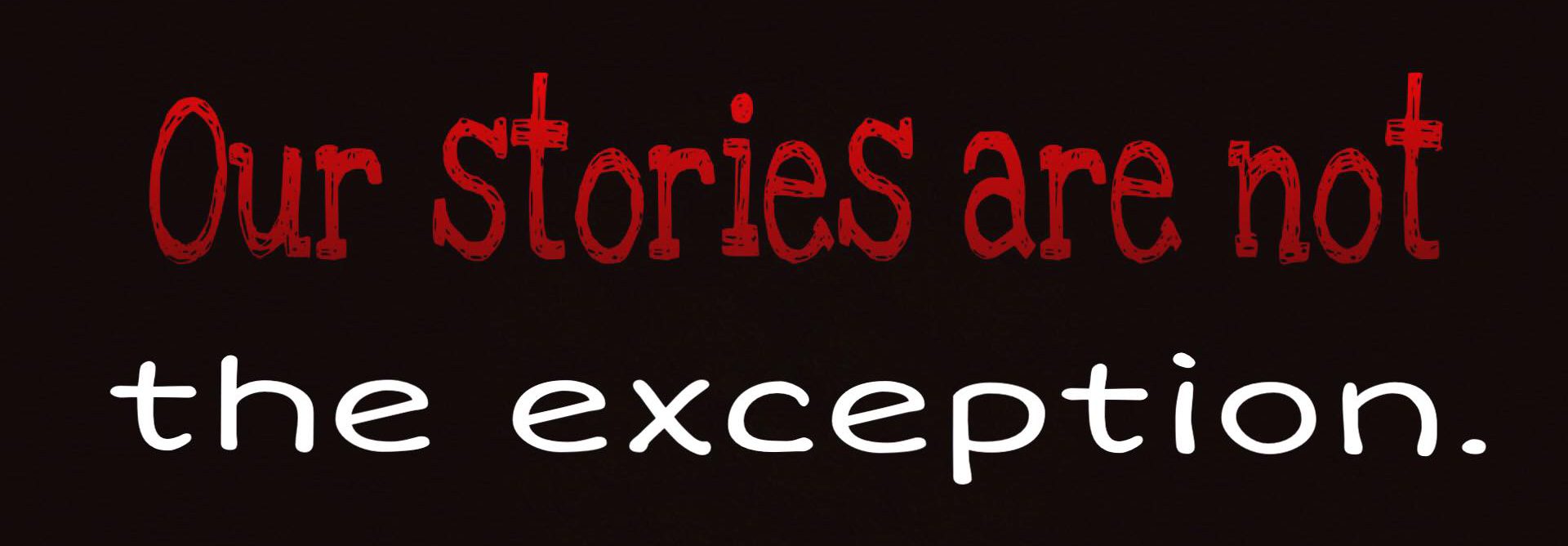..pink bundle, perfect, beautiful, needing me, wanting me, all you need..
..self-hating, worthless, lies I tell myself,
that I believe, can’t see, truth..
..society doesn’t want me to be, judgment and words that cut me, help me cut you..
..out of my life..
..forever severed..
..stranger in the crowd, faceless child of my heart, flesh of my flesh, screaming out loud, you’re all that I need, why’d you abandon me?
..no answer good enough, perfect, beautiful, child of mine..
..self-hating, worthless, lies she tells herself, that she believes, she can’t see the truth..
..stranger of my blood, staring at my own face, in hers, what have I done..
..it’s done..
..no going back..
..permanently altered, society’s exploitation, goosebumps and feel goods, rainbows and gotcha days, and our broken stories, live in the shadows..
~NO MORE~
J. Wachowski


Thank you for the courage to write this..
LikeLiked by 1 person
❤️
LikeLike
I’d love to here more of your opinion. I’m doing a paper on adoption. As an adult adoptee who is on the other side of the debate, i want to be well informed.
LikeLiked by 1 person
I’d be happy to! I’m sorry this took so long to be approved and replied to. Can you send me an email? Musingsofabirthmom@gmail.com
LikeLike
All those researching adoptions should view Dr. Paul Sunderlands UTube Video (2015) titled Adoption and Addiction.
Adoptees are “massively over-represented in counseling”.
And also consider reading the Primal Wound by Nancy Verrier; Dr. Allan N. Schore’s MRI research viewing the brain as underdeveloped regarding trust and attachment when separated from its gestational caregiver between birth and language. Here is more from a doctoral thesis being developed.
Dr. Zill (2015) found what Dr. Allan Schore found in 2001, that if “the bond with the birth parent was disrupted or never formed” then this “early trauma can affect the parts of the brain that control mood and learning” (p. 5). Zill describes this as a disorganized attachment from their earliest caregivers and it leaves a person psychologically vulnerable in adulthood. His research found these children to have “more problems regulating their emotions and managing conflicts” (p. 5). The findings clarify that while secondary caregivers are usually well-educated, well-meaning, and willing to be involved with the child’s life, all need to be well-informed prior to becoming secondary caregivers to “expect these children to have lifelong challenges” (p. 5). Dr. Zill updated his study online at the Institute for Family Studies March 26, 2018. The most common diagnosis of children placed with secondary caregivers includes “36% attention deficit disorder; 23% specific learning disability; 16% speech impairment; 15% developmental delays” (n. p.).
LikeLike
Check this blog regularly.
https://www.firstmotherforum.com
LikeLike
For adoption research, any book on Attachment Theory written by John Bowlby, and another titled “Attachment and Human Survival” Edited by Marci Green and Marc Scholes, and published in 2004 by Karnac Ltd, printed in Great Britain.
LikeLike
Adoptee Rights Law Center PLLC
Gregory D. Luce
PO Box 19561
Minneapolis Minnesota 55419
T: (612) 221-3947
E: info@adopteerightslaw.com
LikeLike